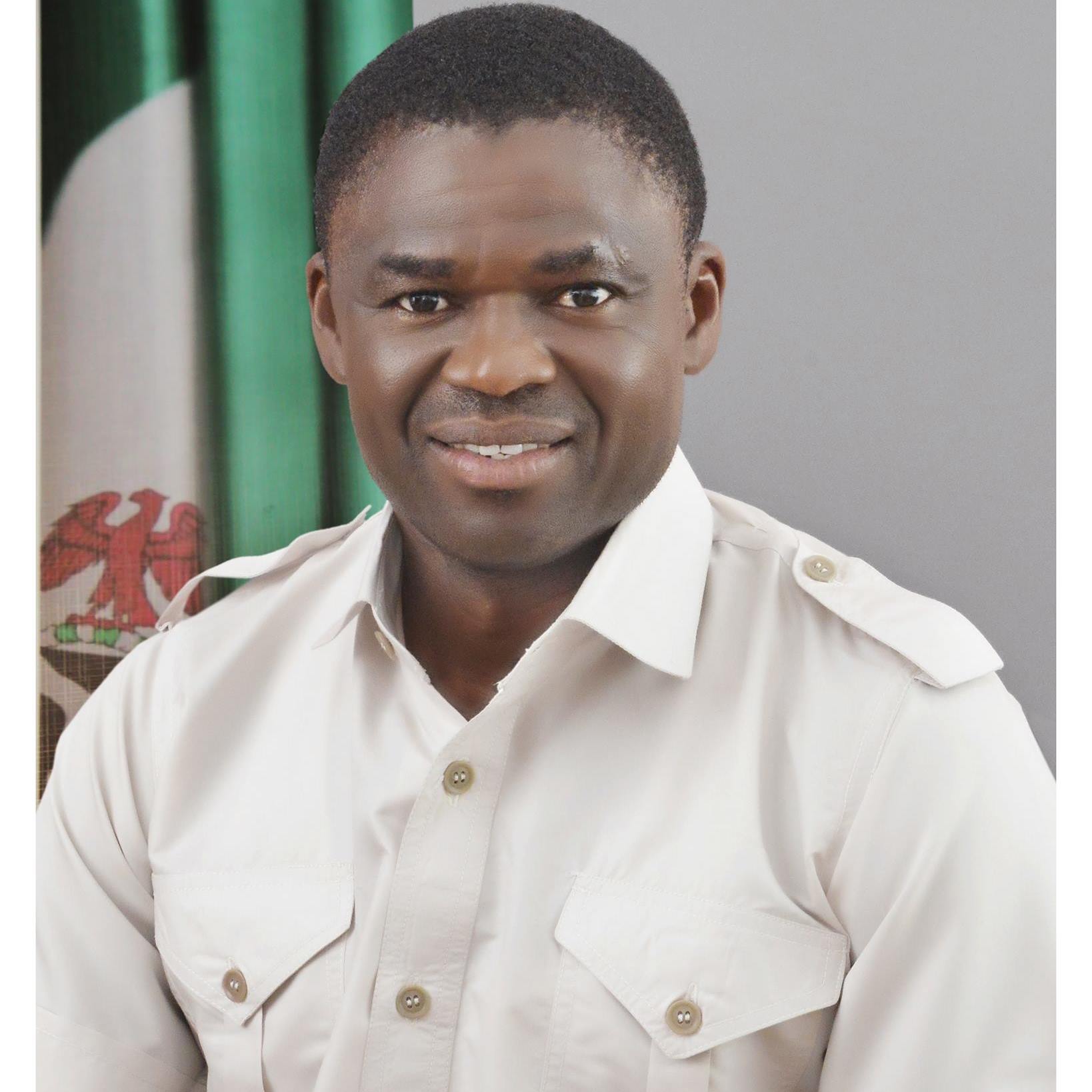Politics
Philip Shaibu Reinstated as Edo Deputy Governor by Appeal Court

The Appeal Court has upheld the reinstatement of Philip Shaibu as Edo deputy governor. Learn about the court’s decision and its impact on Edo politics.
The judgment of a lower court reinstating Philip Shaibu as the Deputy Governor of Edo State has been upheld by the Court of Appeal in Abuja, marking a significant legal outcome.
The appellate court’s dismissal of the Edo State House of Assembly’s appeal meant that Shaibu’s impeachment was upheld.
On April 8, 2024, Shaibu faced impeachment after a seven-man committee under the guidance of state Chief Judge Justice Daniel Okungbowa accepted a report.
Shaibu was under investigation for alleged misconduct by the committee. Even though perjury charges lacked adequate evidence, Shaibu’s impeachment resulted from his disclosure of classified government information as stated in the panel’s findings.
Read Also: Jubilation in Edo as Refinery Secures Final Operational License
On July 17, 2024, Justice James Omotosho of the Federal High Court in Abuja repealed Shaibu’s impeachment and demanded his swift reappointment. Justice Omotosho judged that grounds for the prosecution were legally unsound and did not amount to blatant misconduct under applicable law.
Additionally, the court instructed the Inspector-General of Police to guarantee security measures for Shaibu upon resuming duties as Deputy Governor.
Moreover, the court declared Omobayo Godwin’s appointment as Shaibu’s successor null and void while cautioning that any individual other than Shaibu purporting to hold the position of Deputy Governor would suffer legal ramifications.
The recent decision of the appellate court affirming Shaibu’s role as Deputy Governor serves to emphasize both the importance of upholding legal principles and adhering to proper impeachment protocols within legislative proceedings at the state level.
